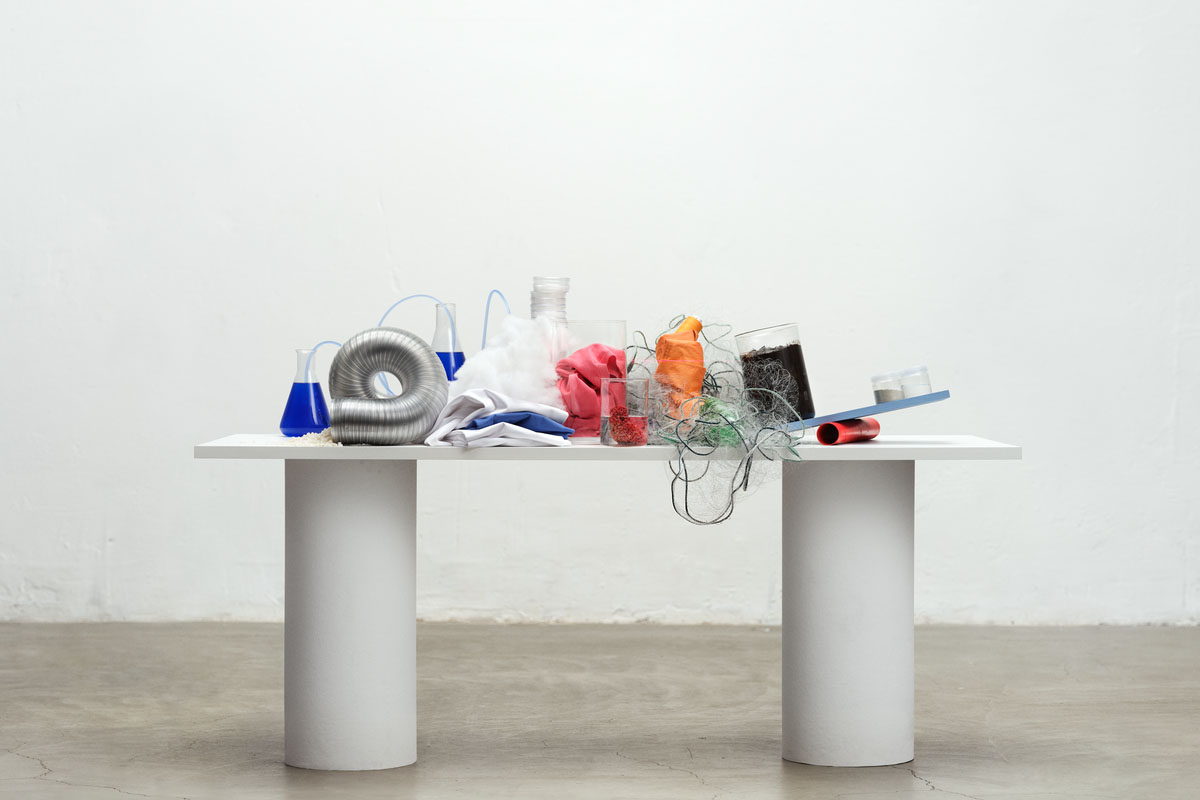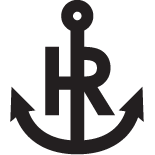H&M Foundation Global Change Award 2020 Winners Announced

Yesterday, the H&M Foundation announced the winners of its 2020 Global Change Award, an annual award established in 2015 to promote sustainability and circularity in the fashion industry. Referred to as the “Nobel Prize of Fashion”, the GCA identifies and catalyses early stage innovations with the potential to redefine the industry and contribute towards creating a sustainable fashion future.
The 2020 winners - selected from a total of 5,893 entries from 175 countries - will share a grant of 1m Euro and will take part in a one-year accelerator program. To date there have been 25 prize-winners (or “heroes” as H&M Foundation calls them) with a total prize money of 5m Euros. The top innovation each year receives a 300,000 Euro share.
Four out of the five top prizes over the five years have been awarded to start-ups developing innovative new sustainable fibres, fabrics or other raw materials, including this year’s recipient of the 300,000 Euro prize, Incredible Cotton by GALY. The Brazilian innovation uses biotechnology to create lab-grown cotton, a process that allows cotton to be grown pesticide-free ten times faster than conventional cotton whilst using just 0.05% of the space and with only 20% of the resources.
Since winning the award, many companies have gone on to secure further funding, win additional awards, expand their network of partners, complete successful pilots and/or make progress with research and efforts to improve the quality of the innovation for commercialisation at scale. However, to date only two GCA innovations have achieved commercialisation and neither of these have done so at scale. 100% Citrus (by Orange Fiber) – a material made out of citrus juice byproducts - was included as a raw material in H&M’s premium sustainable collection, Conscious Exclusive, in 2019. Vegea Company's Grape Leather, which uses leftovers from the wine making process to make fully vegetal leather, was used by & Other Stories to make a clutch bag and pair of sandals produced for sale in 2019.
A major part of the effort to scale these potentially game-changing material solutions will be to standardise the way we find, describe, validate, track and communicate information about these materials digitally throughout the value chain and make this information available to all industry parties at low cost. What is interesting to note is that whilst as many as four of the twenty five winners to date represent some kind of digital solution to the industry’s sustainability challenges, only one of them – The Loop Scoop, winner 2019 - attempts to address the sharing of knowledge and best practice regarding raw materials and processes in order to influence better decision making throughout the product lifecycle, from design to post-consumption. The Loop Scoop focuses specifically on tools to help design with recyclable intent. What the industry needs is the infrastructure to integrate a whole host of similar tools that have been developed to tackle individual industry challenges.
Last month, the latest 13 Fashion for Good Plug & Play Accelerator program winners were announced via a virtual ceremony. Of the 71 participants to date, 26 represent material innovations, 11 have developed sustainable processing and dyeing techniques and as many as 24 offer tech solutions. These digital innovations cover a wide range of solutions including 3D design, fit and production solutions, AI based fabric defect detection, rentable logistics solutions, retailler scoring systems, pre-consumer fabric waste mapping, rental marketplaces, resell platforms, digital wardrobe systems, blockchain and traceability platforms, RFID-based recycling solutions and sourcing platforms.
With so many ground-breaking early stage initiatives focusing on different problems and stages of the process, the winners in the long term will be those that are mentored the most effectively from a commercialisation point of view. The greatest benefits will also come when various digital systems and tools are able to talk to each other using a common language.
